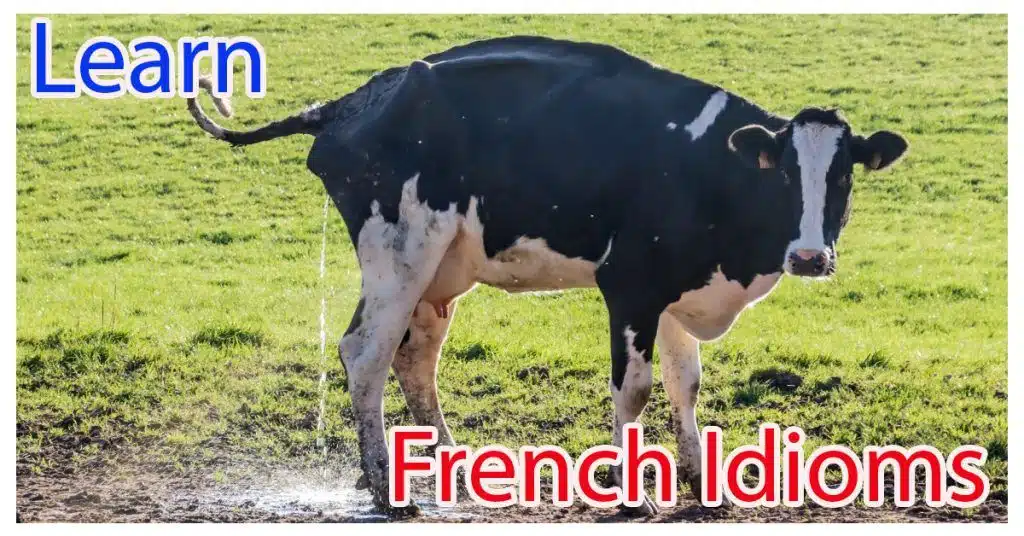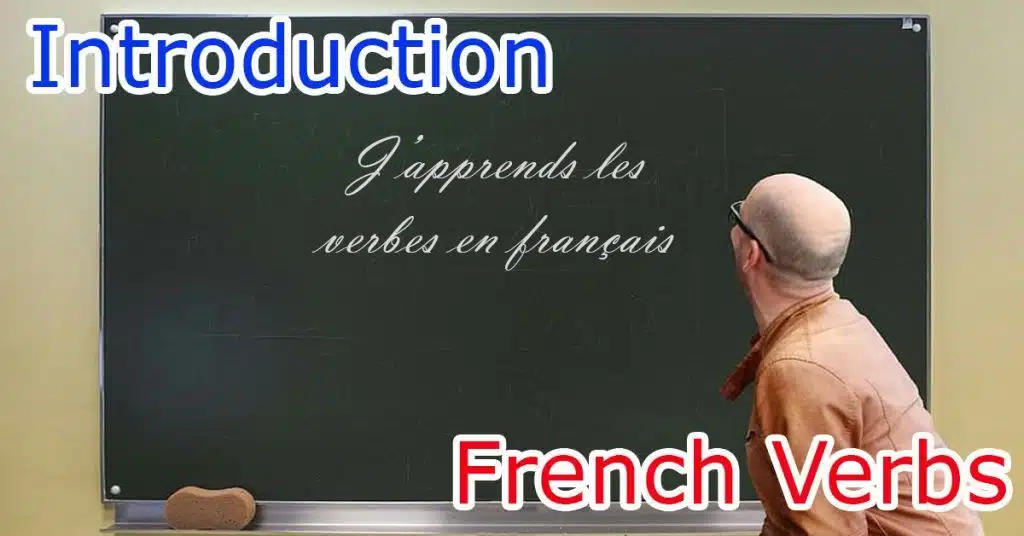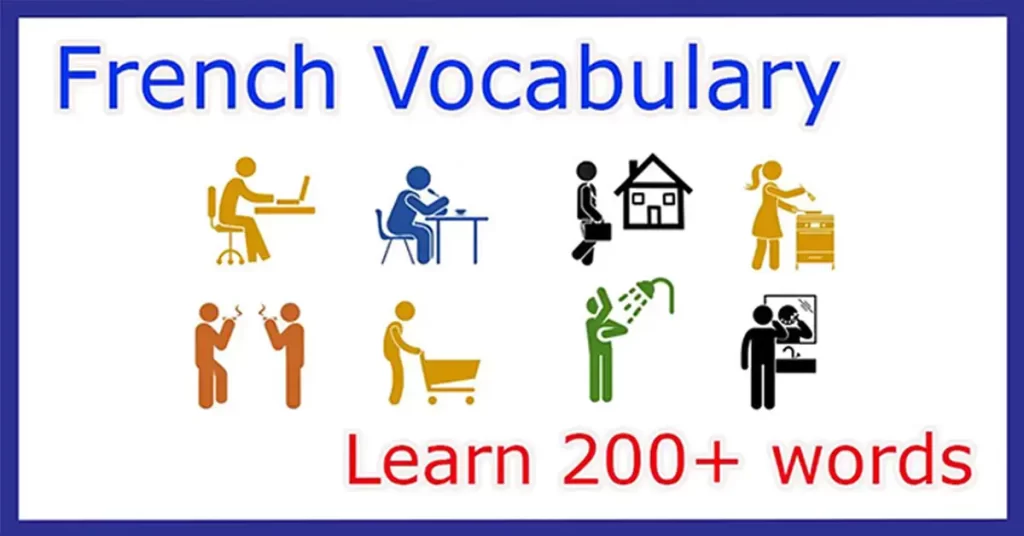Learning French is one thing, but mastering spoken French is another! If you want to sound more natural when conversing with native speakers, you need to know the everyday expressions that the French actually use. Below, we’ve compiled 50 essential spoken French sentences that will help you understand and use authentic French in real-life conversations.
Why Learn Spoken French?
Spoken French is full of informal expressions, slang, and shortcuts that you won’t always find in textbooks. These phrases are the key to sounding like a native speaker and understanding casual conversations. Whether you’re chatting with friends, ordering at a café, or navigating daily life in France, these sentences will make your French sound more natural and fluent.
Common French Expressions and Their Meanings
Here’s a breakdown of 50 essential spoken French sentences, complete with explanations and examples:
1. Oui (yes) – Ouais (yeah)
Formal vs. casual agreement.
Example: Tu viens ce soir ? → Ouais ! – Are you coming tonight? → Yeah!
2. Non (no) – Nan (nah)
Formal vs. casual disagreement.
Example: Tu aimes les olives ? → Nan, pas trop. – Do you like olives? → Nah, not too much.
3. C’est génial – That’s awesome
Used to respond to exciting or positive news.
Example: J’ai décroché le job. → C’est génial, félicitations ! – I got the job. → That’s awesome, congratulations!
4. Pas de souci – No problem
Used to reassure someone.
Example: Désolé, je peux pas venir. → Pas de souci, je vais demander Martin. ! – Sorry, I can’t come. → No problem, I’ll ask Martin.
5. T’as de la chance – You’re lucky
Acknowledging someone’s good fortune.
Example: J’ai encore gagné au loto. → Encore ? T’as de la chance ! – I won the lottery again. → Again? Lucky you.
6. T’inquiète pas – Don’t worry
Comforting someone who is anxious.
Example: J’ai peur du noir. → T’inquiète pas, je suis là. – I’m scared of the dark. → Don’t worry, I’m here.
7. À plus tard – See you later
A casual way to say goodbye.
Example: J’y vais, à ce soir. → Ça roule, à plus tard ! – I’m going, see you tonight. → All right, see you later.
8. Je suis pressé(e) – I’m in a hurry
Explaining why you need to leave.
Example: Tu pars déjà ? → Ouais, je suis pressé. – Are you leaving already? → Yeah, I’m in a hurry.
9. Ça m’est égal – I don’t mind
Letting someone else choose.
Example: Cinéma ou piscine ? → Ça m’est égal, je te laisse choisir. – Cinema or swimming pool? → I don’t mind, I’ll let you choose.
10. C’est pas donné – It’s not cheap
Commenting on something expensive.
Example: J’ai payé 1500 euros pour mon billet d’avion. → Punaise, c’est pas donné ! – I paid 1500 euros for my plane ticket. → Damn, it’s not cheap.
11. J’en ai marre – I’m fed up
Expressing frustration.
Example: Tu fais la tête ? → Ouais, j’en ai marre ! – Are you sulking? → Yeah, I’m fed up.
12. Je suis crevé(e) – I’m exhausted
Expressing fatigue.
Example: Tu veux mater un film ? → Pas ce soir, je suis crevé. – You want to watch a movie? → Not tonight, I’m exhausted/tired.
13. Quelle galère – What a hassle
Describing a difficult situation.
Example: Dépêche-toi, viens m’aider. → Quelle galère ce déménagement ! – Hurry up, come help me. → What a hassle this move is.
14. C’est chouette – That’s great
Reacting positively to news.
Example: Ma fille va bientôt se marier. → C’est chouette, félicitations ! – My daughter is getting married soon. → That’s great, congratulations!
15. Il fait un temps pourri – The weather is awful
Complaining about bad weather.
Example: Alors les Alpes, c’est bien ? → Ouais, mais il fait un temps pourri. – So how are the Alps? → Yeah, but the weather’s awful.
16. Ça dépend – It depends
Responding with uncertainty.
Example: Tu veux sortir ce soir ? → Ça dépend, tu veux aller où ? – Do you want to go out tonight? → It depends, where do you want to go?
17. Ça te va bien – It suits you well
Giving a compliment.
Example: Tu aimes ma nouvelle coupe ? → Ouais, ça te va bien ! – Do you like my new haircut? → Yeah, it suits you well.
18. C’est nul – It’s lame
Expressing disappointment.
Example: Alors tu t’amuses à cette soirée ? → Nan, c’est nul, il n’y a pas grand monde. – So are you having fun at this party? → Nope, it’s lame, there aren’t many people.
19. Pas mal – Not bad
Giving mild praise.
Example: Elle te plaît ma nouvelle vidéo ? → Ouais, franchement, elle est pas mal ! – Do you like my new video? → Yeah, frankly, it’s not bad.
20. Ça suffit – That’s enough
Wanting to stop something.
Example: → On se fait un autre épisode ? → Nan, ça suffit pour ce soir. – How about watching another episode? → Nah, that’s enough for tonight.
21. C’est pas juste – It’s not fair
Expressing dissatisfaction.
Example: → Jean a été augmenté. → C’est pas juste, il est fainéant. – Jean got a raise. → It’s not fair, he’s lazy.
22. Ça va pas la tête – Are you out of your mind?
Reacting to someone’s reckless action.
Example: Passe-moi les clés, je vais conduire. → Ça va pas la tête ? T’es bourré. – Give me the keys, I’ll drive. → Are you out of your mind? You’re drunk.
23. T’es sûr(e) ? – Are you sure?
Seeking confirmation.
Example: On doit rejoindre Laura vers 20 heures. → T’es sûr ? Elle avait dit vers 19 heures je crois. – We’re supposed to meet Laura around 8pm. → Are you sure? She said around 7pm, I think.
24. Je suis à la bourre – I’m running late
Apologizing for being behind schedule.
Example: On est arrivé au restaurant, t’es où ? → Désolé, je suis à la bourre ! – We’ve arrived at the restaurant. Where are you? → Sorry, I’m running late.
25. Ça fait mal – It hurts
Expressing physical pain.
Example: C’était quoi ce bruit ? → Je me suis cogné la tête. Ça fait mal. – What was that noise? → I bumped my head. It hurts.
26. J’ai la tête dans les nuages – My head is in the clouds
Admitting to being distracted.
Example: Julien, tu m’écoutes ? Je te parle. → Désolé, j’ai la tête dans les nuages. – Julien, are you listening to me? I’m talking to you. → Sorry, my head is in the clouds.
27. C’est comme si c’était fait – Consider it done
Assuring prompt action.
Example: Tu peux imprimer ces documents s’il te plaît ? → Bien sûr, c’est comme si c’était fait. – Could you please print these documents? → Of course, consider it done.
28. J’ai la pêche – I’m full of energy
Expressing enthusiasm.
Example: Tu as pu te reposer hier soir ? → Ce matin, j’ai la pêche ! – Were you able to rest last night? → Yeah, I’m full of energy this morning.
29. C’est pas évident – It’s not easy
Commenting on a challenge.
Example: T’apprends une langue en ce moment ? → Oui, le hongrois, mais c’est pas évident. – Are you currently learning a language? → Yes, Hungarian, but it’s not easy.
30. Je suis d’accord avec toi – I agree with you
Expressing agreement.
Example: Ils font les meilleures pizzas ici. → Ouais, je suis d’accord avec toi. – They make the best pizza here. → Yeah, I agree with you.
31. C’est pas grave – It’s no big deal
Reassuring someone.
Example: Mince, j’ai cassé un verre. → T’inquiète, c’est pas grave. – Shoot, I broke a glass. → Don’t worry, it’s no big deal.
32. On verra bien – We’ll see
Taking a wait-and-see approach.
Example: Tu penses que Julie viendra demain ? → Je sais pas, on verra bien. – Do you think Julie will come tomorrow? → I don’t know, we’ll see.
33. C’est du lourd – It’s awesome
Expressing enthusiasm.
Example: T’as déjà maté Breaking Bad ? → Ouais, c’est du lourd cette série. – Have you ever watched Breaking Bad? → Yeah, it’s an awesome series.
34. Je m’en fiche – I don’t care
Expressing indifference.
Example: Tu veux manger chinois ou indien ? → Je m’en fiche, comme tu préfères. – Do you want Chinese or Indian food? → I don’t care, as you prefer.
35. C’est la vie – That’s life
Accepting life’s uncertainties.
Example: Je me suis disputé avec Marion. → C’est la vie, ça va s’arranger. – I had an argument with Marion. → That’s life, it’ll be all right.
36. C’est compliqué – It’s complicated
Describing a complex situation.
Example: Comment ça se passe avec tes voisins ? → C’est compliqué, ils sont chiants. – How are things with your neighbors? → It’s complicated, they’re annoying.
37. J’ai la flemme – I’m feeling lazy
Lacking motivation.
Example: Ça te dit d’aller courir au parc ? → Nan, j’ai la flemme aujourd’hui. – Fancy a run in the park? → Nah, I’m feeling lazy today.
38. Qu’est-ce qui se passe ? – What’s happening?
Curiosity about a situation.
Example: Il y a une ambulance dans la rue. → Ah bon, qu’est-ce qui se passe ? – There’s an ambulance on the street. → Oh, what’s happening?
39. C’est bon signe – It’s a good sign
Noticing positive indicators.
Example: J’ai été contacté par trois compagnies. → C’est bon signe pour ta recherche d’emploi. – I was contacted by three companies. → It’s a good sign for your job search.
40. Fais attention – Be careful
Warning someone to be cautious.
Example: Je vais essayer la boxe ce soir. → D’accord, mais fais attention. – I’ll try boxing tonight. → Okay, but be careful.
41. Tu me manques grave – I miss you so much
Expressing strong feelings of missing someone.
Example: Alors, tu penses à moi tous les jours ? → Ouais, tu me manques grave. – So, do you think about me every day? → Yeah, I really miss you.
42. C’est pas la mer à boire – It’s not that hard
Describing a task that is less challenging than it may seem.
Example: Tu peux m’aider à ramasser les feuilles ? → Fais-le seul, c’est pas la mer à boire. – Can you help me pick up the leaves? → Do it yourself, it’s not that hard.
43. C’est bien fait pour lui – Serves him right
Expressing something well deserved for someone.
Example: Luc s’est fait virer ce matin. → C’est bien fait pour lui, il mentait beaucoup. – Luc was fired this morning. → Serves him right, he was lying a lot.
44. Ça me saoule – It annoys me
Expressing annoyance.
Example: Les embouteillages me rendent fou. → Je sais, ça me saoule aussi. – Traffic jams are driving me crazy. → I know, it annoys me too.
45. Je te tiens au jus – I’ll let you know
Keeping someone updated.
Example: On se revoit dimanche ? → Peut-être, je te tiens au jus. – See you Sunday? → Maybe, I’ll let you know.
46. Ça vaut le coup – It’s worth it
Expecting a nice outcome.
Example: Il faut marcher 3 heures pour voir la cascade. → Trois heures ? J’espère que ça vaut le coup. – It’s a 3-hour walk to the waterfall. → 3 hours? I hope it’s worth it.
47. J’en ai ras-le-bol – I’m so fed up
Expressing deep frustration.
Example: L’ascenseur est encore tombé en panne. → C’est pas vrai, j’en ai ras-le-bol. – The elevator broke down again. → You’re kidding me, I’m so fed up.
48. C’est pas la fin du monde – It’s not the end of the world
Reassuring someone who’s apologizing.
Example: Désolé, j’ai oublié ton anniversaire. → T’inquiète, c’est pas la fin du monde. – Sorry, I forgot your birthday. → Don’t worry, it’s not the end of the world.
49. Je suis bluffé(e) – I’m impressed
Expressing amazement.
Example: Voici ma nouvelle maison. → Je suis bluffé. T’as bien bossé. – This is my new home. → I’m impressed. You’ve worked well.
50. C’est bien vrai – It’s really true
Agreeing with someone’s statement.
Example: La vie est pleine de surprises. → T’as raison, c’est bien vrai. – Life is full of surprises. → You’re right, it’s really true.
51. C’est du chinois pour moi – It’s Greek to me
Expressing difficulty understanding something.
Example: Tu comprends toutes ces phrases ? → Nan, c’est du chinois pour moi. – Do you understand all these sentences? → Nah, it’s all Greek to me.
52. Ça me dit quelque chose – It sounds familiar
Recognizing something vaguely.
Example: Tu connais cette chanson ? → Ouais, ça me dit quelque chose. – Do you know this song? → Yeah, it sounds familiar.
Conclusion
Mastering spoken French is all about using expressions that sound natural to native speakers. Practice these phrases in daily conversations to improve your fluency and understanding of real-life French.
Pro Tip: Try using these expressions in context by role-playing with a friend or language partner. The more you practice, the more natural your French will sound!
Bonne chance et à bientôt !
Don’t forget to check out the video version of this lesson available on my YouTube channel, Learn French with Escargot, for a visual and auditory learning experience.



